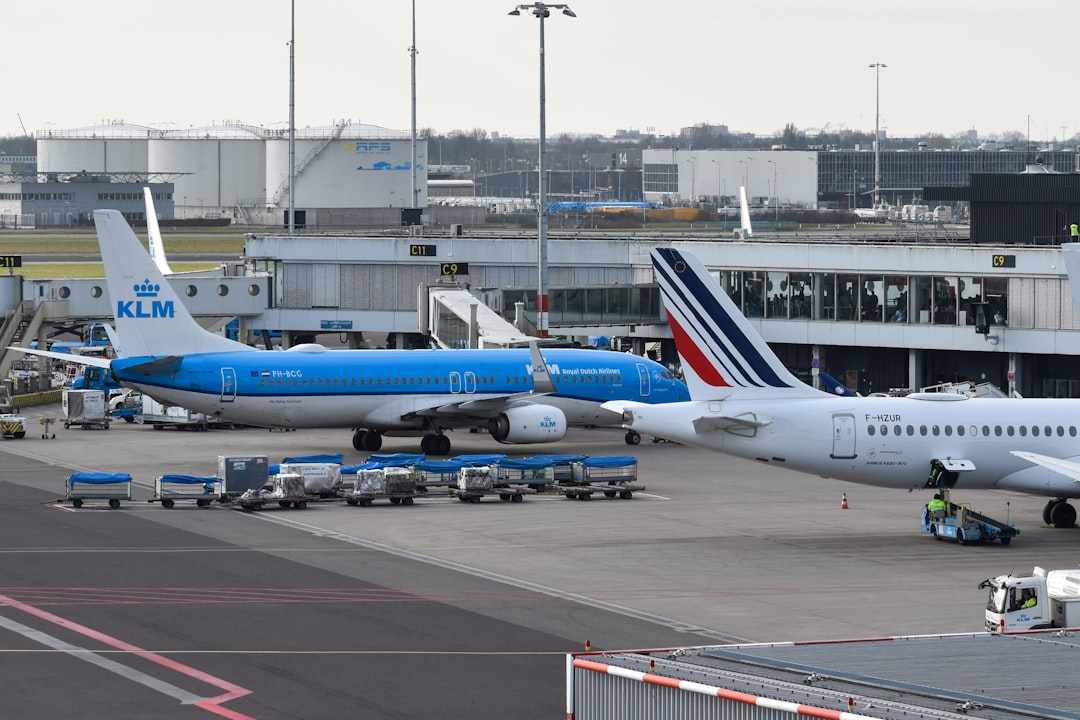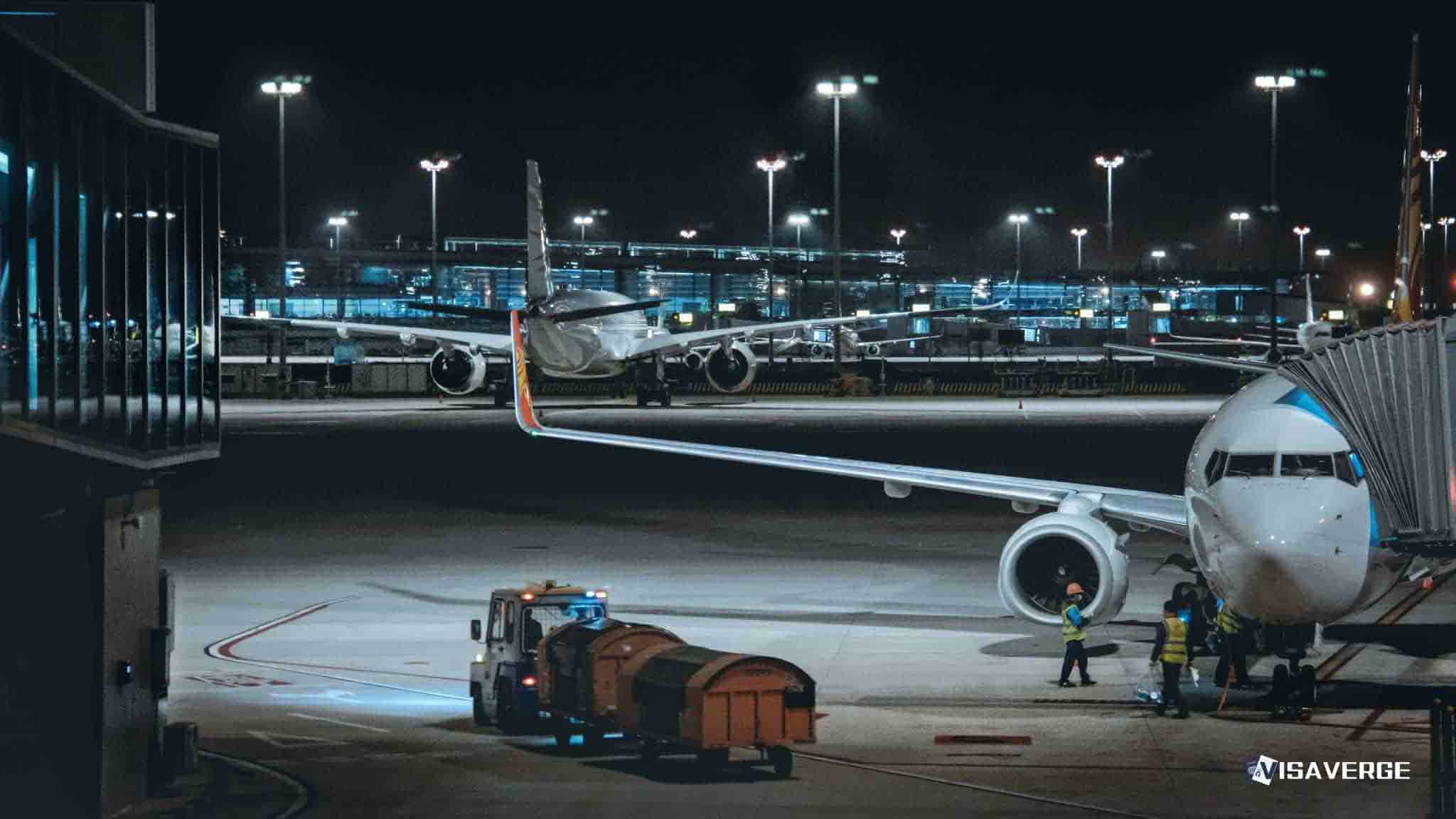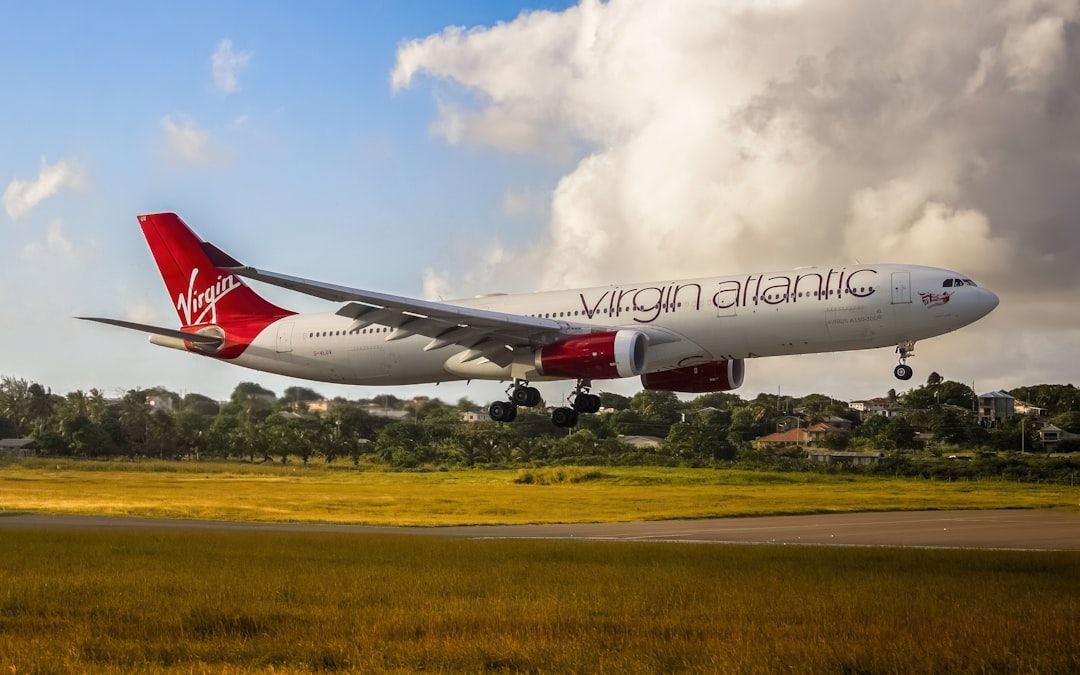Boeing and Airbus, the world’s leading aircraft manufacturers, continue to push forward with their green plane projects in 2025, despite facing major supply chain and production delays. Both companies remain committed to developing cleaner, more sustainable aircraft, but challenges with parts, engines, and certification are slowing the rollout of these next-generation planes. Airlines, regulators, and environmental groups are watching closely, hoping for faster progress as the aviation industry works to cut its carbon footprint.
Current Status of Green Plane Projects

As of August 2025, neither Boeing nor Airbus has canceled or “grounded” their green plane projects. Instead, both companies are investing heavily in new technologies that promise to make flying less polluting. Airbus is focusing on hydrogen-powered aircraft and planes that can run on 100% Sustainable Aviation Fuel (SAF), while Boeing is working to ensure all its commercial jets can use SAF by 2030.
At the March 2025 Airbus Summit, Airbus leaders confirmed their commitment to sustainable aviation. They highlighted progress on their ZEROe project, which aims to build the world’s first hydrogen-powered commercial aircraft. In 2025, Airbus chose hydrogen fuel cell technology as the main power source for ZEROe, after successful tests with prototypes and engines. The company is also expanding its Hydrogen Hubs at Airports program, with over 220 airports now involved in building the infrastructure needed for hydrogen-powered planes.
Boeing, meanwhile, is focusing on SAF as the most practical way to cut emissions in the short term. The company is testing SAF on its planes, investing in new fuel technologies, and working with industry partners to speed up SAF production. Boeing’s goal is for all its planes to be able to fly on 100% SAF by 2030. While Boeing is not putting as much public focus on hydrogen or electric aircraft as Airbus, it remains active in researching these options for the future.
Production and Delivery Delays
Both Boeing and Airbus are struggling with production delays, mostly due to ongoing shortages of key parts like engines. In July 2025, Airbus produced 74 aircraft, but it still has a backlog of over 8,750 planes waiting to be built. The company is trying to increase production of its A220 model to 14 planes per month by 2026, but experts doubt this target is realistic given the current supply chain problems.
Boeing is facing similar issues. In July 2025, it produced 52 aircraft, with a backlog of nearly 6,000 planes. Certification for its MAX 7 and MAX 10 models has been delayed until 2026, partly because of technical problems with the LEAP-1B engines. These delays are frustrating airlines, which need new, more efficient planes to meet stricter environmental rules and growing passenger demand.
Industry and Regulatory Pressure
Airlines and regulators are pushing both companies to speed up the shift to greener planes. Airlines want to reduce their carbon emissions to meet new government rules and to appeal to environmentally conscious travelers. Regulators are setting tougher standards for aircraft emissions and are encouraging the use of SAF and other clean technologies.
Despite these pressures, there is no sign that either Boeing or Airbus is stepping back from their green plane projects. Both companies continue to receive large orders from airlines, and their production lines are expected to stay busy for years as they work through their backlogs and introduce new green technologies.
Stakeholder Reactions
Airlines are frustrated by the slow pace of aircraft deliveries, but most remain supportive of Boeing and Airbus’s efforts to develop cleaner planes. Many airlines have made public commitments to cut their emissions and are eager to add more fuel-efficient aircraft to their fleets. However, they also need the manufacturers to deliver these planes on time to meet their own climate goals.
Environmental groups are watching the industry closely. They welcome the progress on SAF and hydrogen-powered planes but warn that real change will only come when these technologies are widely used, not just tested in prototypes. They are calling for more government support for SAF production and for clear timelines on when new green planes will enter service.
Background and Historical Context
Airbus launched its ZEROe project in 2020, exploring several ideas for hydrogen-powered planes. After years of research and testing, the company picked hydrogen fuel cell technology in 2025 as the best way forward. This technology uses hydrogen to create electricity, which then powers the plane’s engines, producing only water vapor as a byproduct.
Boeing has taken a different path, focusing on SAF as the quickest way to cut emissions from flying. SAF is made from renewable sources like plants or waste, and it can be used in existing aircraft engines with little or no changes. Boeing is working to make sure all its planes can use 100% SAF by 2030 and is pushing for more investment in SAF production.
Both companies have faced supply chain and production problems since the COVID-19 pandemic. Shortages of parts, labor, and raw materials have made it hard to build new planes and introduce new models. These problems are expected to continue into 2026.
Future Outlook
Looking ahead, Airbus plans to bring a hydrogen-powered commercial plane to market, with ongoing investment in hydrogen infrastructure and SAF compatibility. Boeing is focused on making all its planes SAF-compatible by 2030 and is calling for more government support to increase SAF production.
Both companies are likely to face more production and certification challenges in the coming years. However, there is no evidence that either is pulling back from their green aircraft projects. Instead, they are making steady, if sometimes slow, progress toward a cleaner future for aviation.
Practical Guidance for Stakeholders
- Airlines should keep working with Boeing and Airbus to plan for new green planes, but also prepare for possible delivery delays.
- Travelers can look for airlines that use SAF or newer, more efficient planes to reduce their own carbon footprint.
- Policymakers should consider supporting SAF production and hydrogen infrastructure to help speed up the shift to greener aviation.
For more details on Airbus’s hydrogen-powered aircraft, visit the Airbus ZEROe official page. For Boeing’s sustainability efforts, see the Boeing Sustainability page.
As reported by VisaVerge.com, both Boeing and Airbus are staying the course on their green plane projects, despite the many hurdles they face. The future of flying is likely to be cleaner, but getting there will take time, teamwork, and continued investment in new technology.
In summary, while production delays and supply chain problems are slowing the rollout of green planes, Boeing and Airbus remain committed to their projects. Airlines, regulators, and travelers should expect gradual progress, with SAF and hydrogen-powered aircraft leading the way toward a more sustainable future for aviation. For official information on sustainable aviation and government policies, readers can visit the U.S. Department of Transportation’s Sustainable Aviation page.
This Article in a Nutshell






